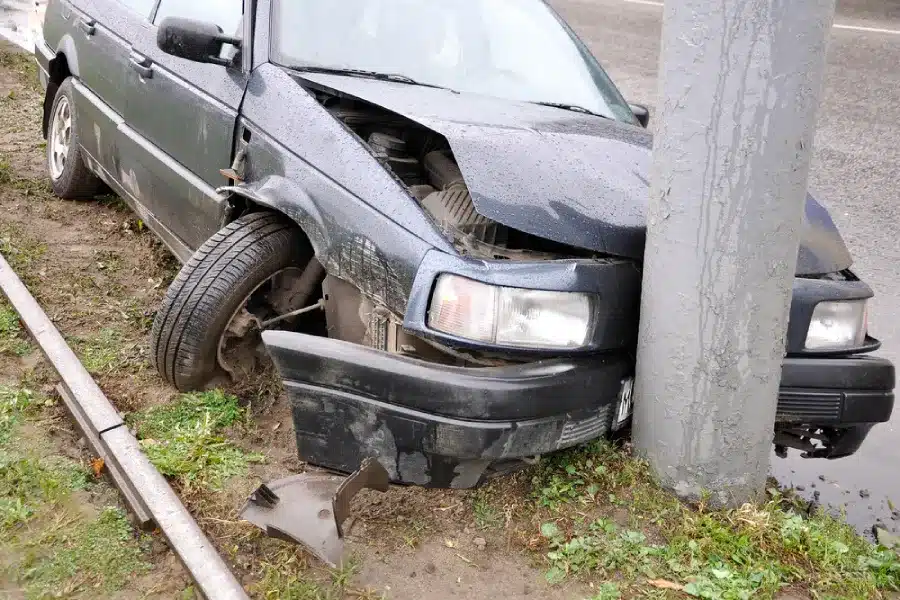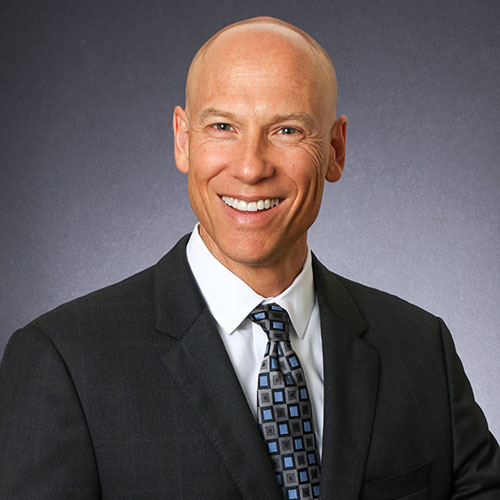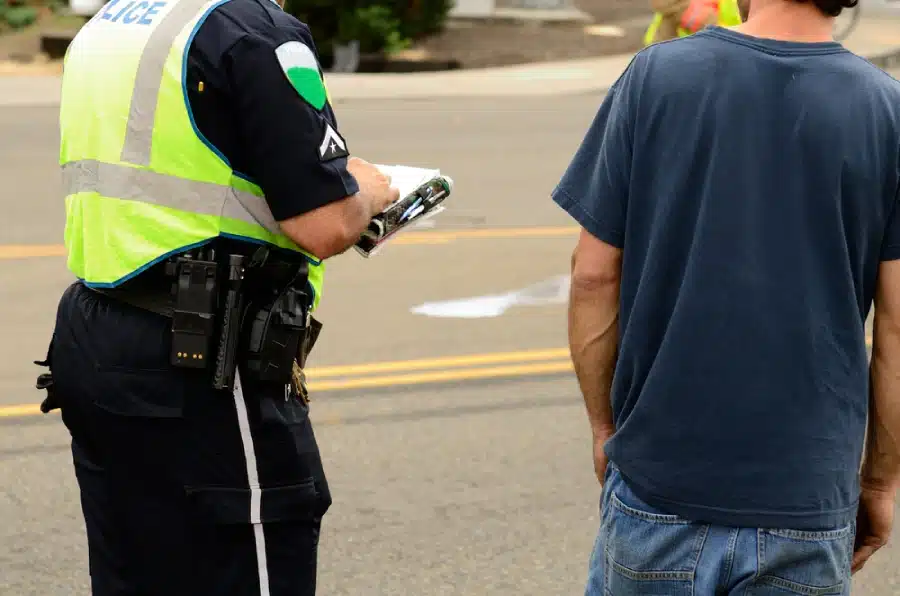How to Handle a Single-Vehicle Accident: Essential Steps to Follow
The Distasio Brief:
- Single-vehicle accidents can involve hidden faults; don’t assume you’re solely responsible.
- Report the crash, get medical attention, and document everything to protect your rights.
- Legal and financial recovery is still possible, especially when unsafe roads or vehicle defects play a role.

A single-vehicle accident can leave you feeling isolated and weighed down, unsure of what to do or where to turn next.
In these instances, the questions that might crop up are difficult. Am I automatically at fault? Will my insurance cover the damage? Do I still need to report this?
It doesn’t matter if you swerved to avoid hitting a squirrel, hydroplaned on Florida’s wet roads, or struck a utility pole; it’s essential for Distasio Law Firm that you understand you are never alone, and you are not always to blame.
This guide will explain a single-vehicle accident, what steps you should take immediately afterward, and how you can protect your health, finances, and legal rights.
What Is a Single-Vehicle Accident?
An accident involving only one vehicle is called a single-vehicle accident or collision. A few examples can include:
- Running off the road and hitting a tree or guardrail
- Rolling over after losing traction
- Striking an object, like a sign, mailbox, or animal
- Crashing due to a tire blowout or mechanical failure
Despite the name, other parties can still be involved indirectly. For instance, a construction crew that left debris on the road or a municipality that failed to maintain safe road conditions.
Step-by-Step: What to Do After a Single-Car Crash
1. Check Yourself and Others for Injuries
Your safety should come first. If you’re injured, call 911 immediately. Even if you feel okay, you should always get checked. Some injuries, like concussions or internal trauma, aren’t always obvious right after an accident.
Florida’s PIP (Personal Injury Protection) insurance law requires that you seek care within 14 days of the crash to qualify for benefits.
2. Move to a Safe Location (If You Can)
If your vehicle is creating a hazard, and you can move it safely, do so. Otherwise, stay inside with your seatbelt on until help arrives. Use your hazard lights, cones, or flares to alert other drivers.
3. Call Law Enforcement
Even for a single-car collision, Florida Law (§316.065, Fla. Stat.) requires that you report any crash that causes injury, death, or property damage over $500. A police report protects you and documents any insurance claim or legal case.
4. Do Not Leave the Scene
Leaving the crash can have serious consequences. If you get into a single-car accident and leave the scene, later, if someone claims property damage or injury, you could be considered a hit-and-run under Florida law ( §316.061).
Stay on scene, report the crash, and wait for law enforcement unless emergency transport is necessary.
5. Document the Entire Scene Thoroughly
Use your phone and take clear photos of:
- All and any damage to your vehicle
- Skid marks, debris, or road conditions
- Any nearby traffic signs or hazards
- Weather or visibility conditions at the time
This evidence is crucial if unsafe conditions or third-party negligence played a role in your accident.
6. Speak Carefully with Police and Insurers
Be honest, but do not assume blame. Avoid any phrases like:
- “I might have missed…”
- “I could’ve been going too fast.”
- “I don’t think I saw the sign…”
These phrases can be used against you later. When you speak to police or insurer adjustors, stick to the facts and don’t make any self-incriminating statements.
Does Insurance Cover Single-Car Accidents?
If you carry single-vehicle collision coverage, your policy should cover damage to your vehicle in most single-vehicle crashes. Florida drivers must also have Personal Injury Protection (PIP), which covers medical expenses regardless of fault.
Nonetheless, insurance companies may still try to deny your claim or underpay. Be prepared to push back if your claim involves injuries or total vehicle loss.
Will Police Investigate Single-Car Accidents?
Not always.
If there are no injuries or obvious hazards, police may not conduct a full investigation. That’s why it’s vital to gather your own evidence and consider working with an attorney who can dig deeper if needed.
Count On Distasio Law Firm When You’re in a Car Accident
A single-vehicle accident doesn’t mean you’re out of options, automatically at fault, or out of hope. At Distasio Law, we help Floridian drivers clearly understand their rights, challenge unfair blame, and pursue the compensation they fully deserve even when no other vehicle is involved.
Let’s sit down and talk if you’ve been hurt in a single-car accident. Reach out to us right now, our team is here, ready to listen to you, investigate, and fight to hold the right parties accountable.

As an ethical and trusted Tampa personal injury lawyer, Scott Distasio founded Distasio Law Firm in February of 2006, which focuses on all types of personal injury cases. He wanted to open a law firm that represented his belief that all firms should provide ethical and outstanding service to their clients.


